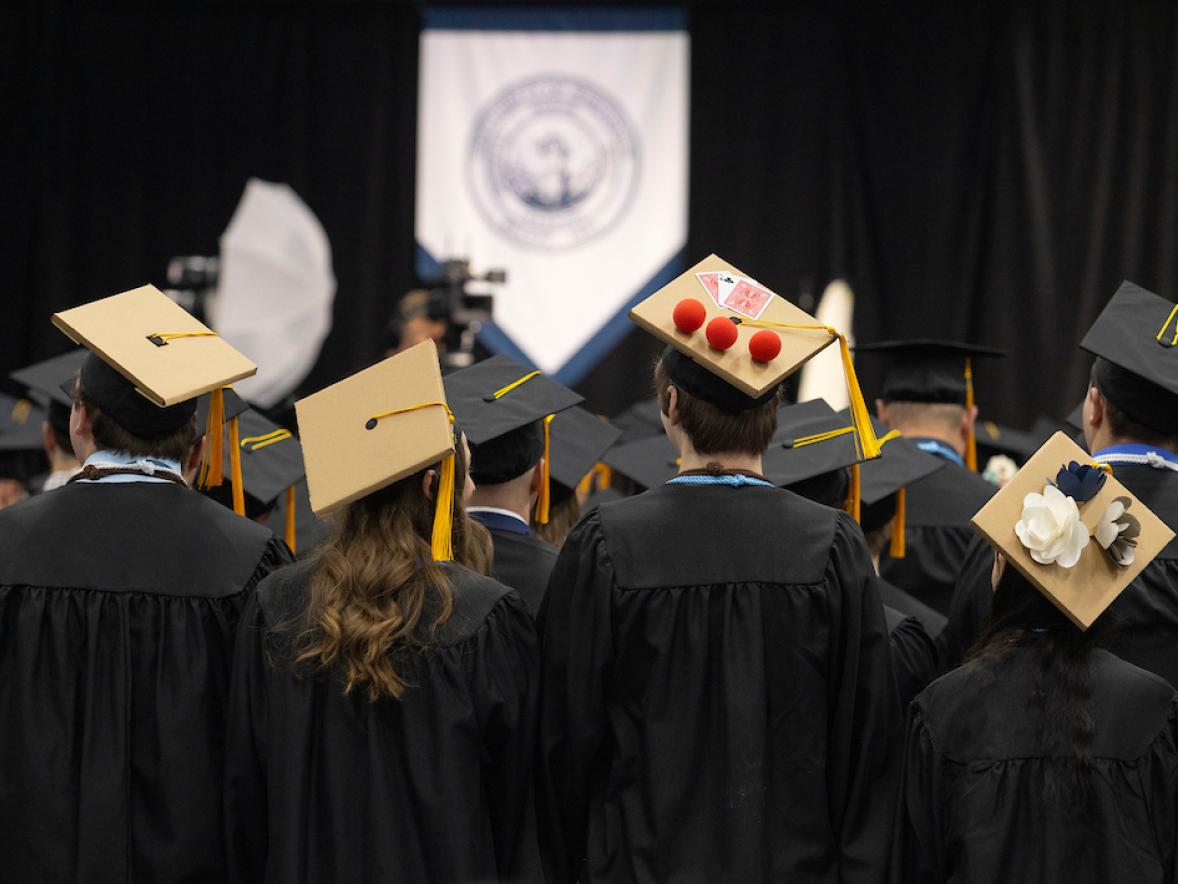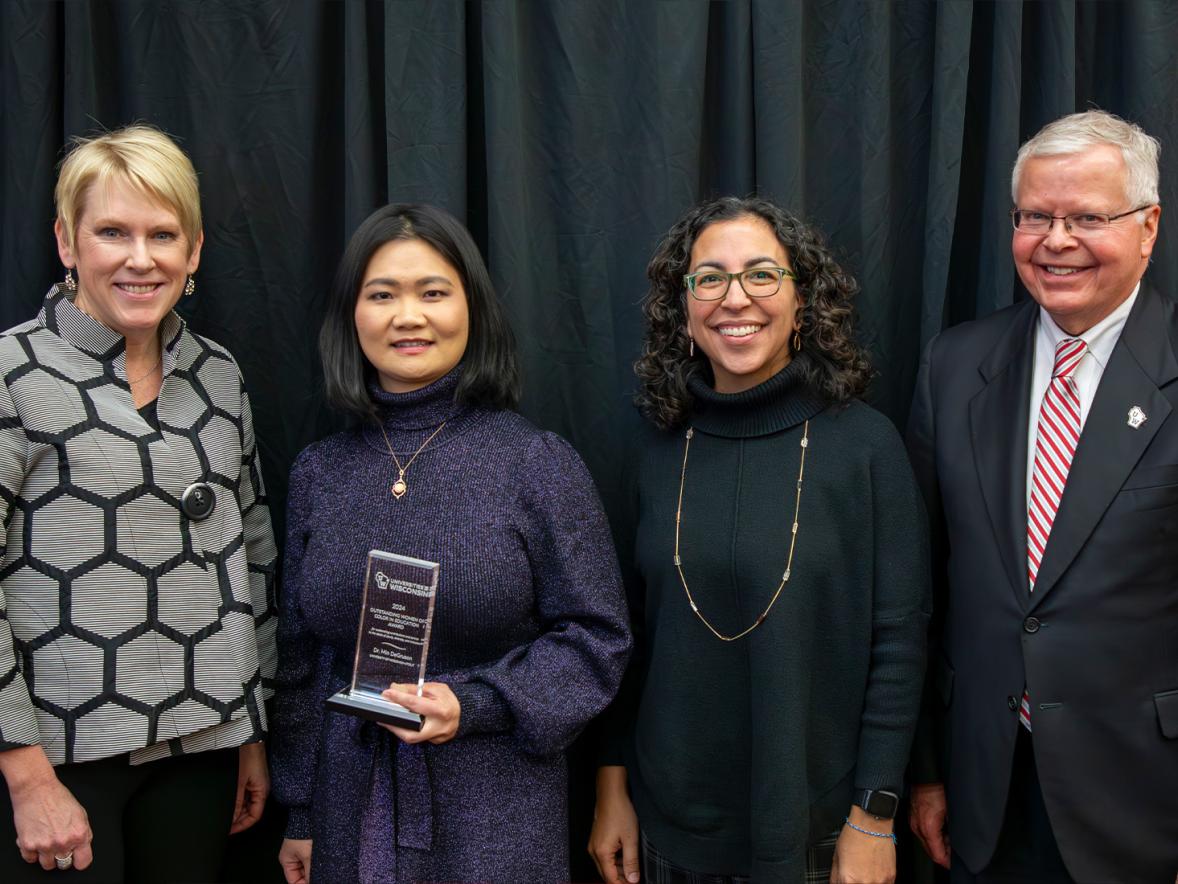University of Wisconsin-Stout will receive $306,108 in support from the Freshwater Collaborative of Wisconsin this year to enhance its water-related academic programs.
The funding is part of a statewide initiative, backed by the Wisconsin State Legislature and Gov. Tony Evers, to tackle 10 grand water challenges and support curriculum development, undergraduate research opportunities, career development, and field training experiences for students interested in studying water-related fields at the 13 UW System schools.
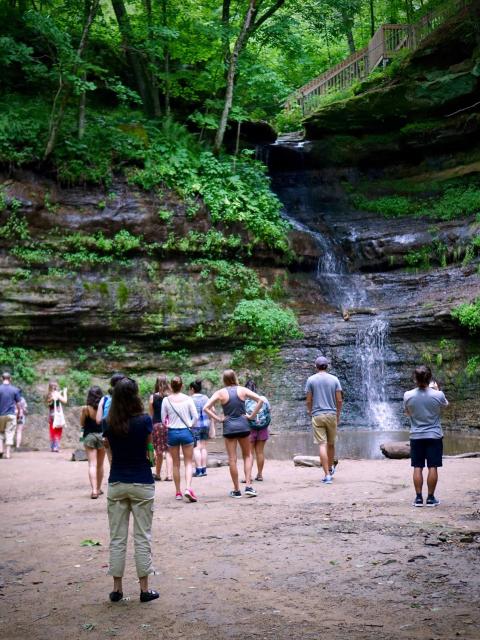
Funding includes support for eight projects led by UW-Stout:
- Developing an easy-to-apply, integrated approach to modeling freshwater contamination from farm runoff using only commercial drones, cameras, and software, $116,832
- Establishment and support of the Red Cedar Basin Monitoring Group, $71,730
- Predicting Crop per Drop in Sandy Soils, $36,121
- Establishment of the Center for Rural Opportunities, Prosperity and Sustainability, $33,759
- Expanding LAKES REU to Wisconsin students, $29,382
- Undergraduate student-faculty research engagement on developing rapid, easy-to-use and cost-effective test kits for the detection of E. coli/coliforms in water, $6,680
- Building water projects into an environmental math course, $6,362
- Development of People, Water and the Environment course, $5,242
UW-Stout also will collaborate on four projects led by or involving UW-Eau Claire, UW-River Falls, UW-Oshkosh and UW-Superior.
“UW-Stout is extremely grateful for the resources provided via the Freshwater Collaborative of Wisconsin,” said Provost Glendali Rodriguez. “Applied learning and collaboration are at the core of Stout’s polytechnic mission, and UW-Stout’s history of working on water challenges is robust.”
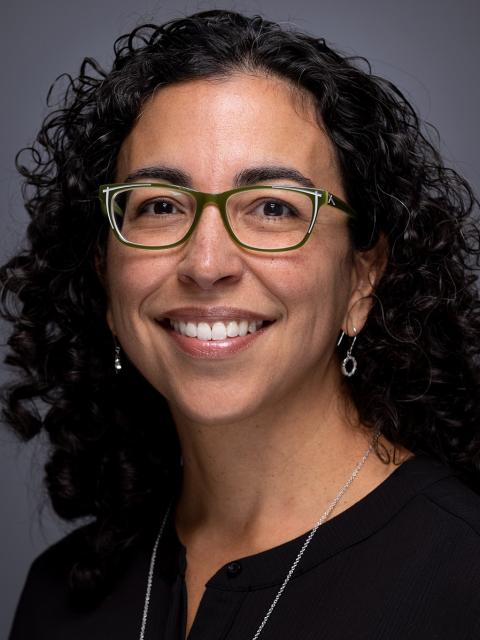
Rodriguez cited UW-Stout’s LAKES REU program, hosting the Red Cedar Watershed Conference and Center for Limnological Research and Rehabilitation.
UW-Stout faculty and staff across distinct academic disciplinary areas — biology, engineering, food science, mathematics, psychology and social sciences — collaborated on proposals focused on student success, community and regional problem-solving, and applied research and learning.
“The Freshwater Collaborative resources will allow us to expand our impact, take things to a new level and continue to positively address water challenges within the region and state,” Rodriguez said.
Overall, the Freshwater Collaborative of Wisconsin will support 42 grants to further develop UW System-wide water science programs, internships and research opportunities. High school and undergraduate students will have opportunities to participate in hands-on field and research experiences with faculty throughout the state, allowing them to develop a diverse range of skills.
The Collaborative is also partnering with industry, nonprofits and community organizations to increase career development opportunities for students. Grant descriptions are available at freshwater.wisconsin.edu.
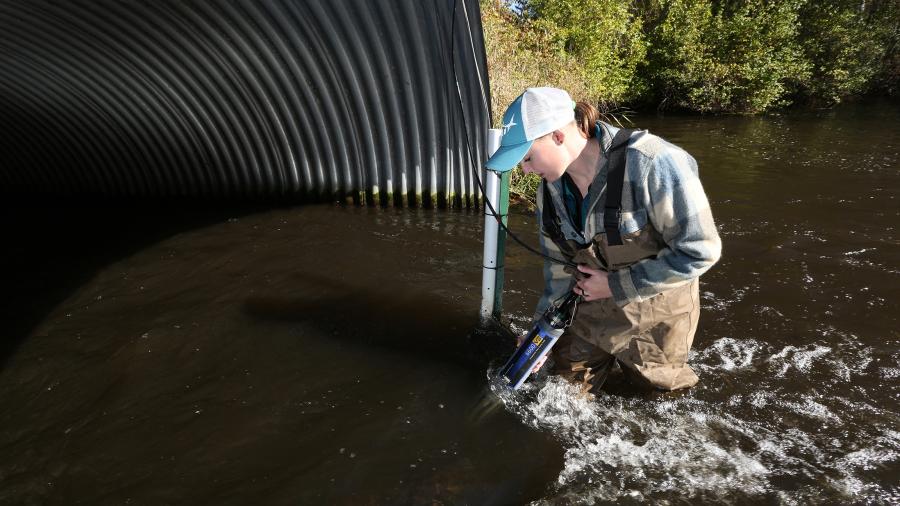
“Water is one of the fastest growing sectors of our economy,” said Marissa Jablonski, executive director. “With these funds, the 13 UW universities can expand training opportunities for students and prepare them to meet the needs of Wisconsin’s workforce and address our state’s biggest water challenges.”
Wisconsin has abundant water resources; however, factors such as invasive species, pollution and climate change could significantly impact water safety and economic growth. The state and the Collaborative have identified 10 grand water challenges facing the state and are focusing research efforts on the top two: agricultural water management and water quality safety/emerging contaminants.
Startup funding was provided in 2019 by the Wisconsin Economic Development Corporation and the UW System. In July 2021, the Legislature and Gov. Evers approved $5 million in the biennial budget to expand the Collaborative’s ability to train water professionals and establish Wisconsin as a leader in water-related science and economic growth.
UW-Stout offers many undergraduate and graduate programs from science and social science fields that will be involved with the grants.
The university’s LAKES REU summer program, one of the grant recipients, is a federally funded Research Experience for Undergraduates. Students from a variety of disciplines work on water quality projects of importance to west-central Wisconsin.
About the Freshwater Collaborative
The Freshwater Collaborative of Wisconsin is a partnership of Wisconsin’s 13 public universities, connecting with industry partners, local communities, policymakers and advocacy groups. Its mission is to establish Wisconsin as a world leader in freshwater science, technology, entrepreneurship and economic growth.
It is training the next generation of scientists to solve global water resource problems through academic programs, collaborative research and career development across the UW System. Learn more at freshwater.wisconsin.edu.
###





